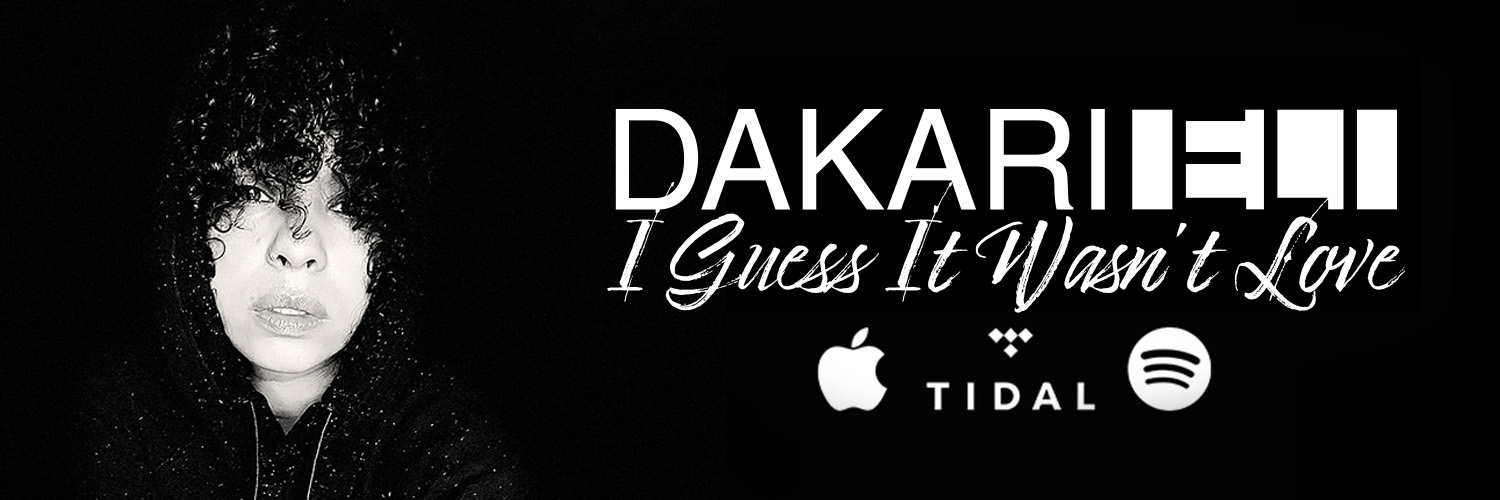The ongoing rivalry between Kendrick Lamar and Drake intensified this year, highlighting their contrasting approaches to hip-hop and reflecting deeper issues within the genre and the broader cultural landscape. With Kendrick’s smash hit “Not Like Us” and surprise album GNX dropping this weekend, the divide between these two artists has never been clearer, especially as Drake seems to be distancing himself from hip-hop culture. His recent comments, including remarks about how “rap is weird now” during his sit-down with content creator XQC, raise a critical question: Is rap only “weird” now because he’s been humbled by the changing tides of our sociopolitical landscape?
Drake’s recent behavior suggests a growing disengagement from the culture that propelled him to fame. By aligning himself with non-hip-hop figures and making comments dismissive of the genre, he risks alienating the audience that once embraced him as a representative of hip-hop. This approach appears to sanitize the genre, stripping it of its rawness and authenticity in favor of a more palatable image. It’s reminiscent of a colonizer’s mindset, as Kendrick has pointed out—one that seeks to erase the essence of hip-hop while profiting from it.
Drake’s shifting priorities seem like an acknowledgment of his own vulnerabilities. After facing significant backlash from artists like Pusha T, who effectively damaged his image, Kendrick’s presence poses an even greater threat. Kendrick represents everything Drake aspires to be: authentic, impactful, and deeply connected to the struggles of the community. In contrast, Drake’s focus on crafting catchy, yet forgettable tunes underscores a reliance on commercial appeal rather than meaningful artistry.
Kendrick Lamar stands as the people’s champion, embodying the soul of hip-hop in a way that resonates with listeners seeking depth and authenticity. He doesn’t need superficial hooks or viral trends to stay relevant; his music is rooted in social commentary and genuine emotion. Kendrick’s commitment to addressing systemic issues, personal struggles, and cultural identity positions him as a true voice for the marginalized, contrasting sharply with Drake’s curated, commercialized approach.
While Kendrick has his flaws—flaws that reflect the complex dynamics within the Black community and the consistent blind spots men have faced since slavery—he demonstrates a willingness to engage in self-reflection and growth. He listens, learns, and evolves, making him a figure who represents hope and progress. This journey of accountability and community connection sets Kendrick apart from Drake’s increasingly disconnected trajectory.

Drake’s attempts to redefine himself outside of hip-hop culture expose the cracks in his artistry. His disengagement from the genre and the community that once shaped him signals an identity crisis that can no longer be ignored. With Kendrick solidifying himself as a cultural icon, the contrast between them is even starker. Kendrick’s authenticity and commitment to the craft serve as a reminder of what hip-hop truly represents—the struggles, the triumphs, and the collective voice of a community.
It’s time to acknowledge that Drake has shown us who he is: “not like us.” His actions suggest he no longer wishes to engage with the culture in a meaningful way, and it’s time for the hip-hop community to reconsider its relationship with him. While Kendrick continues to elevate the art form, Drake’s attempts to sanitize and commercialize hip hop threaten to destroy everything it was created for.
This rivalry serves as a microcosm of the broader political climate we face today. It raises the question of allegiance: Are you for the people or for the establishment? History has shown that the people tend to outlast the establishment, a sentiment echoed by Vice President Kamala Harris, who stated that some fights take longer to win, but that doesn’t mean we stop fighting. In this context, hip-hop becomes an essential battleground, embodying the voices and struggles of the community. Art is inherently political, and existing in a Black body makes one a political statement, whether they intend it or not.
Kendrick’s music serves as a rallying cry for social justice, resonating with those who feel marginalized and unheard. In contrast, Drake’s attempts to distance himself from the genre reflect a more corporate approach that caters to mainstream tastes. This conflict mirrors the larger societal struggle between grassroots movements and established power structures. Supporting artists who align with the values of authenticity and community is crucial. Kendrick’s commitment to uplifting the voices of the people stands in stark contrast to Drake’s commercial ambitions, emphasizing the importance of fighting for the soul of hip-hop.
This rivalry encapsulates the ongoing struggle for identity and representation within not just hip-hop, but society at large. It reminds us that the fight for freedom, truth, authenticity, and community is continuous—requiring vigilance and dedication. As we move forward, we must celebrate those who truly represent these values. Kendrick embodies the soul of hip-hop, while Drake represents the cracks in its foundation. It’s time to engage meaningfully with the culture while reconsidering our acceptance of those who seek to distance themselves from it.
Valese Jones






